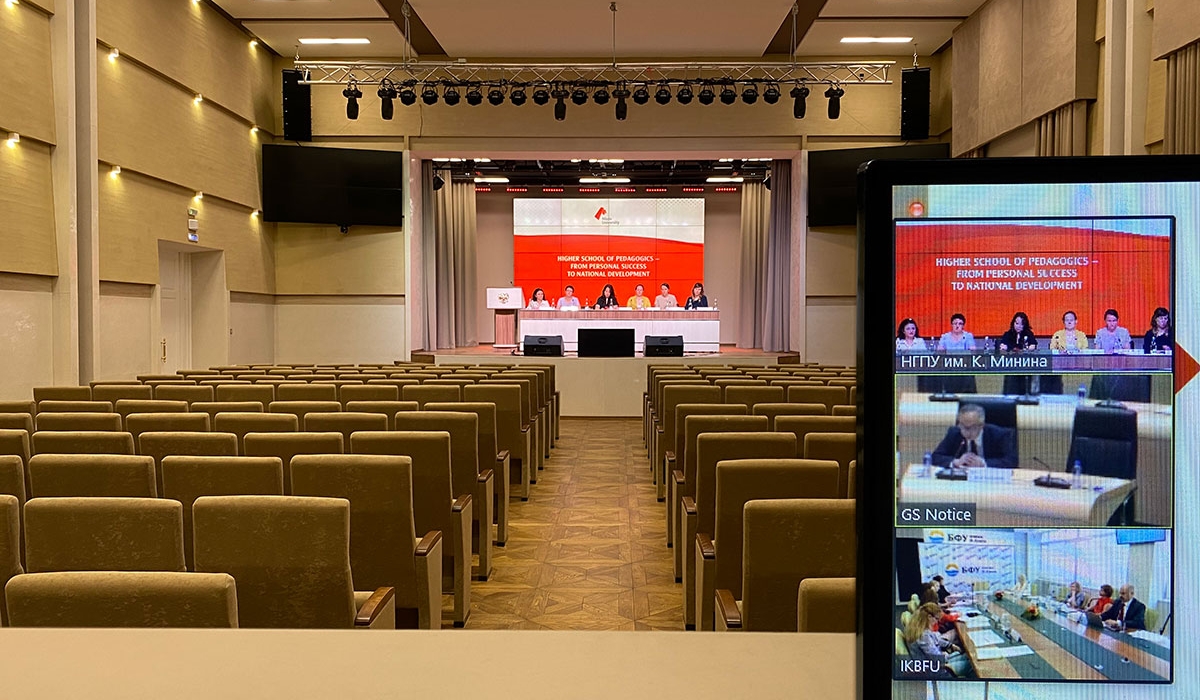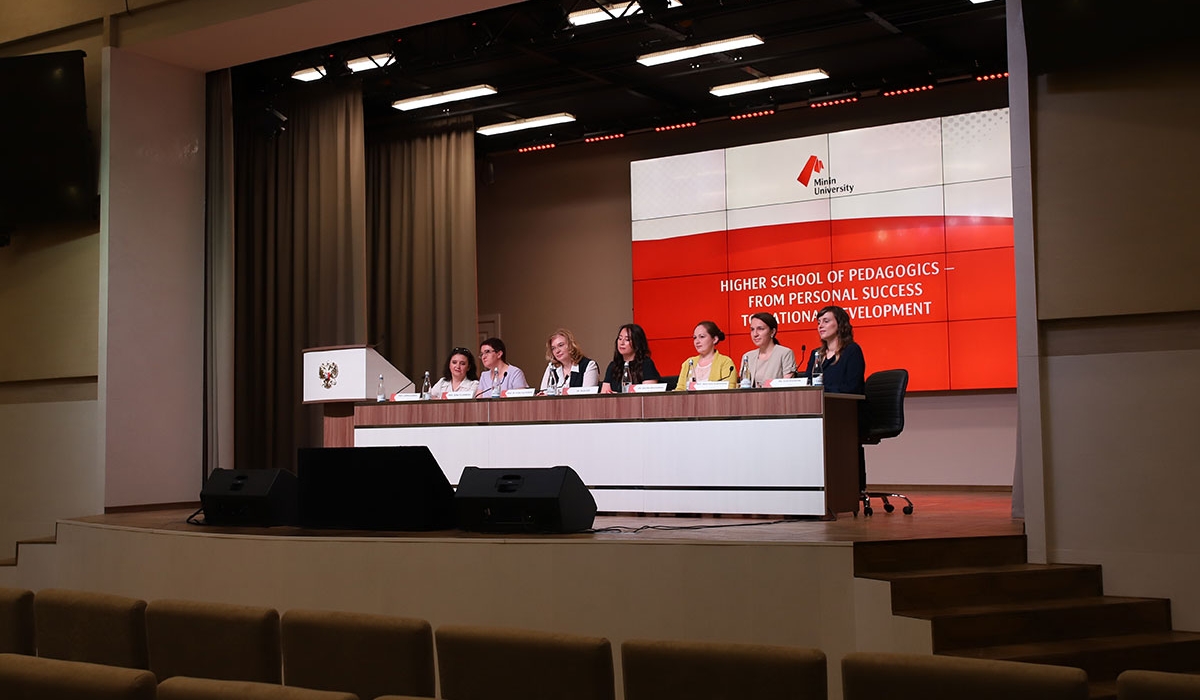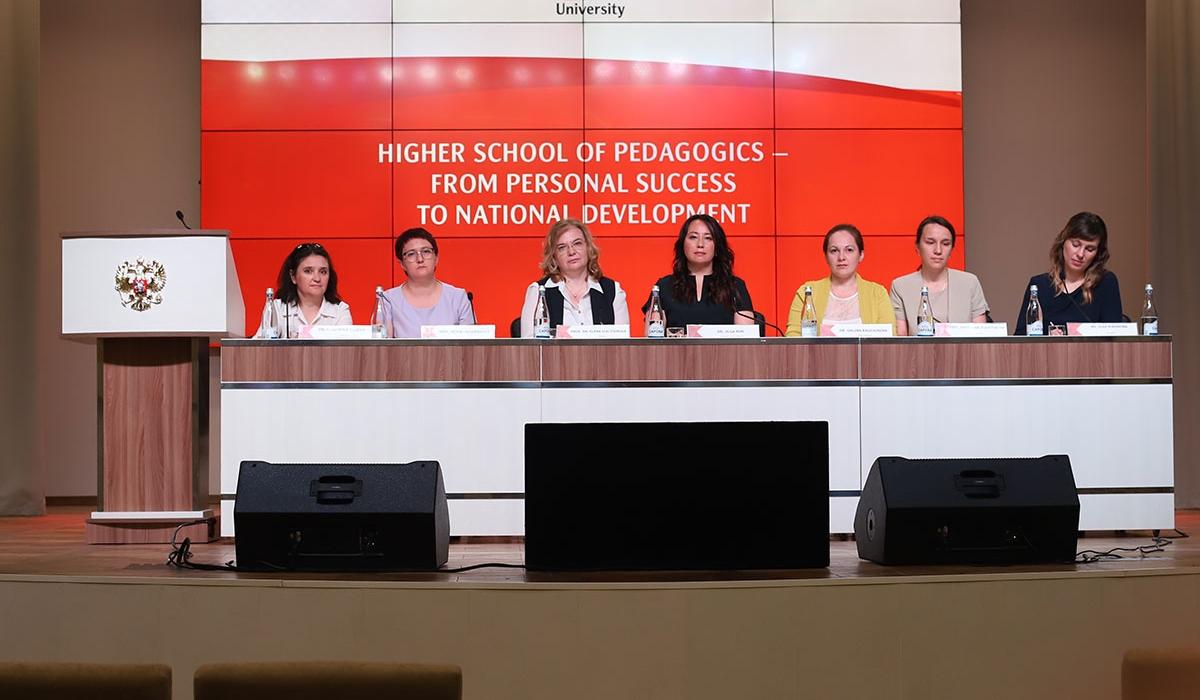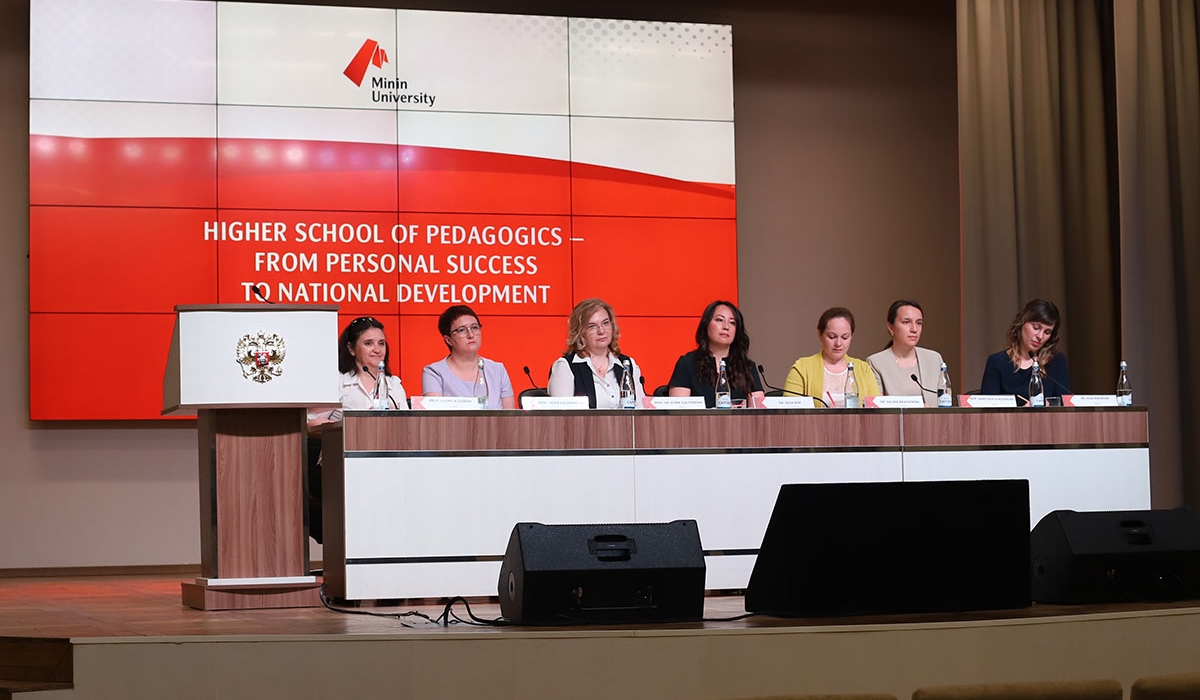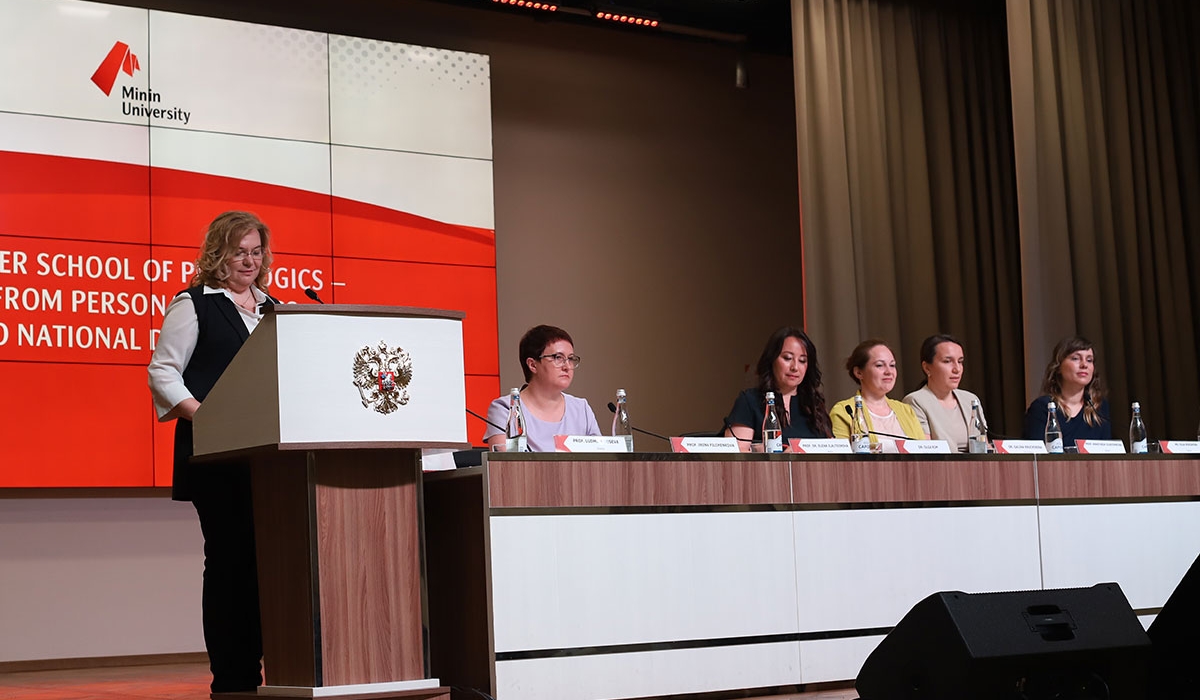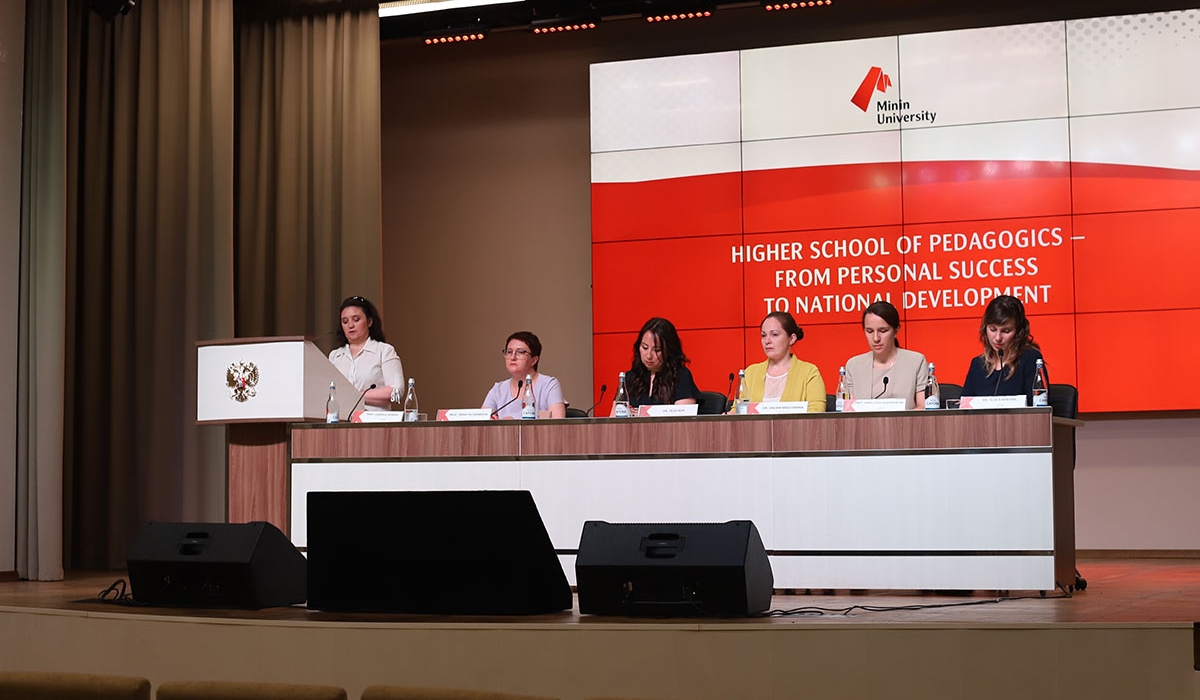The international online conference “Adjustments and Supports by Tertiary Institutions Amid Coronavirus” was held on July 6. Participants of the conference were: Kozma Minin Nizhny Novgorod State Pedagogical University, the Education University of Hong Kong Education and Immanuel Kant Baltic Federal University.
Prof. Dr. Elena Ilaltdinova (Rector of Minin University), Prof. Dr. Aleksandr Fedorov (Rector of Immanuel Kant Baltic Federal University), Prof. Stephen Cheung (President of The Education University of Hong Kong) welcomed all the participants of the conference and voiced hope for further cooperation of universities and exchange of experience in the sphere of distance learning.
Colleagues from The Education University of Hong Kong shared their experience of the extreme shift to the online learning format that was started in Hong Kong much earlier than in Russia. Prof. Lui Tai-lok, Vice President (Research & Development), payed attention to the fact that successful shift to distance learning depended greatly on the ability to arrange communication between colleagues and students via popular social networks. Prof John Lee, Vice President (Academic) & Provost, and Prof Kong Siu Cheung, Director of Centre for Learning, Teaching and Technology, spoke about using synchronous and asynchronous learning in online format and shared their experience of working with school teachers.
Prof Irina Filchenkova, Vice-Rector (Education) of Minin university, outlined the prospects for the development of teacher education in the post-coronavirus period:
“We should not confuse forced distance learning with online learning in normal times. In future, it is necessary to remember all the developments and experiences and competently combine two forms of training.”
Prof. Ludmila Guseva, Head of the Foreign Language Department, summarized the questionnaire of Minin university teachers and students on whether they are satisfied / dissatisfied with shifting to a distance learning format, and presented its results. According to the results, the most popular ways of communication during the period of distance learning were the university’s electronic system, social networks, WhatsApp, Viber. The survey showed that 65% of teachers who took part in the research were satisfied with online work and coped with the shift to a different format.
Prof. Anastasia Oladishkina, Director of the Teachers’ Professional Development Center and Assistant Professor of the Foreign Language Department, shared her experience of realizing online advanced training courses for school teachers. Apart from this, Minin university and the Goethe Institute have successfully organized and realized the Summer Online Academy for German Language Teachers.
Prof. Anna Tyshetskaya, Vice-Rector (Education) of Immanuel Kant Baltic Federal University, shared experience of university participation in preparation of an analytical report on responding to modern challenges related to the spread of coronavirus infection. She gave a detailed description of working with foreign students during the period of global self-isolation using new forms of international events. Prof. Anna Tyschetskaya mentioned that university has developed ways to support students during the pandemic. For instance: foreign students who are forced to stay on the territory of the Russian Federation will be provided with summer health-improving vacations in sanatoriums of the Kaliningrad region.
Prof. Anna Budarina, Director of Institute of Education (Immanuel Kant Baltic Federal University), and her colleague Dr. Kseniya Degtyarenko, Director of Educational Programs (Institute of Education), spoke about difficulties of shifting to online learning and the developed methods and recommendations for teachers that will help overcome these difficulties.
In an open discussion, colleagues exchanged experience in assessing the students’ knowledge gained during the distance learning period and were able to get answers to questions of interest. According the results of the international conference and previous discussion of the issues in work groups, participants decided to create an analytical report that will help replicate the best experiences and practices of three participating universities in the global educational environment.

